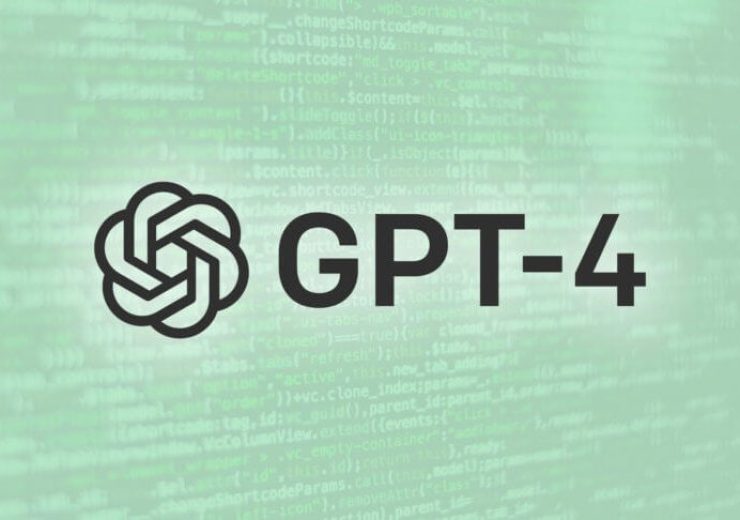Unveiling the Blockchain Revolution: Transforming Supply Chain Management


Introduction:
In an era defined by globalization and digitalization, supply chain management faces unprecedented challenges and opportunities. Traditional supply chain systems often struggle with issues of transparency, inefficiency, and security vulnerabilities. However, amidst these challenges arises a beacon of innovation: blockchain technology. In this blog article, we explore how blockchain is revolutionizing supply chain management, ushering in a new era of transparency, efficiency, and security.
The Power of Blockchain in Supply Chain:
Blockchain, the distributed ledger technology behind cryptocurrencies like Bitcoin, has gained widespread attention for its potential to disrupt various industries, including supply chain management. At its core, blockchain is a decentralized and immutable ledger that records transactions across a network of computers. Each transaction, or “block,” is cryptographically linked to the previous one, forming a chain of blocks that is virtually tamper-proof.
One of the key benefits of blockchain technology in supply chain management is transparency. By providing a transparent and immutable record of transactions, blockchain enables stakeholders to track the movement of goods from the point of origin to the end consumer in real-time. This level of transparency not only enhances visibility into the supply chain but also helps to detect and prevent fraud, counterfeit goods, and unethical practices.
Moreover, blockchain enhances efficiency by streamlining processes and reducing paperwork. Smart contracts, self-executing contracts with the terms of the agreement directly written into code, automate tasks such as payments, inventory management, and quality control. By eliminating intermediaries and manual intervention, blockchain reduces delays, errors, and costs associated with traditional supply chain processes.
Security is another critical aspect of blockchain technology. The decentralized nature of blockchain makes it highly resistant to tampering and hacking. Each transaction on the blockchain is verified by multiple nodes in the network, making it virtually impossible for malicious actors to alter the data without detection. This enhanced security not only protects sensitive information but also builds trust among supply chain partners and consumers.
Real-World Applications:
The application of blockchain technology in supply chain management spans a wide range of industries, including food and agriculture, pharmaceuticals, manufacturing, and logistics. For example, in the food industry, blockchain enables consumers to trace the origin of products, verify their authenticity, and ensure compliance with food safety regulations. In the pharmaceutical industry, blockchain helps to combat counterfeit drugs by tracking the entire lifecycle of medications, from production to distribution.
Conclusion:
As we stand on the brink of a new era in supply chain management, blockchain technology holds immense promise for transforming the way goods are produced, distributed, and consumed. By providing transparency, efficiency, and security, blockchain empowers businesses to build trust, drive innovation, and create value across the supply chain ecosystem. As adoption continues to grow, blockchain will undoubtedly play a pivotal role in shaping the future of global commerce. #Blockchain #SupplyChain



